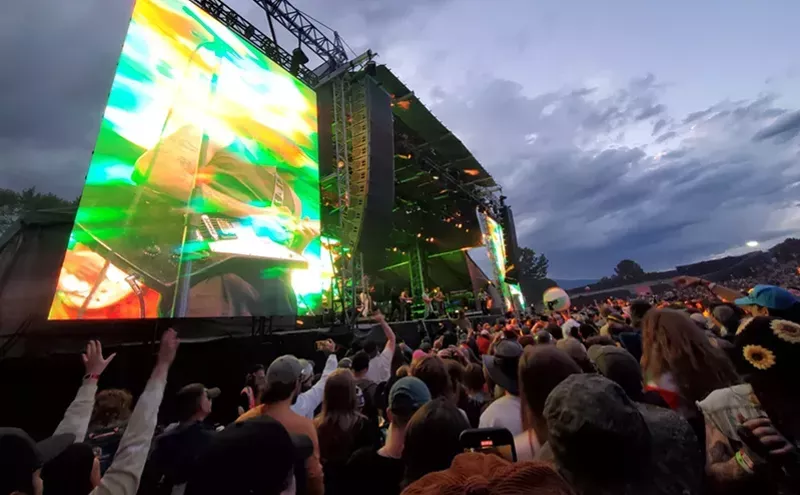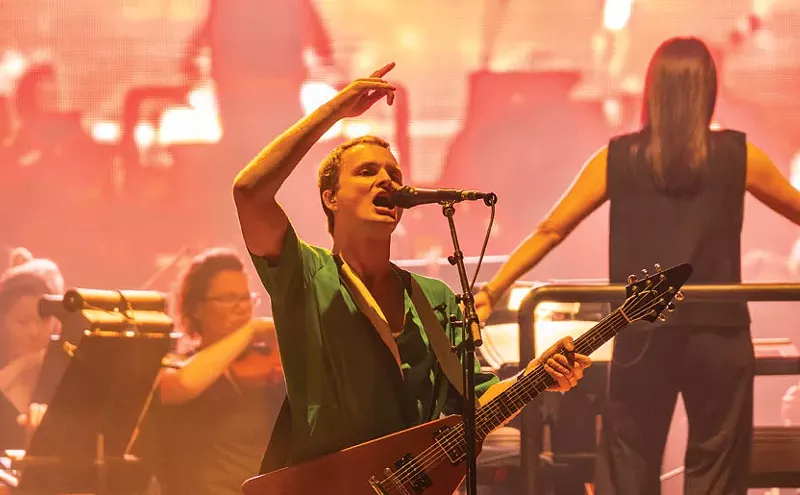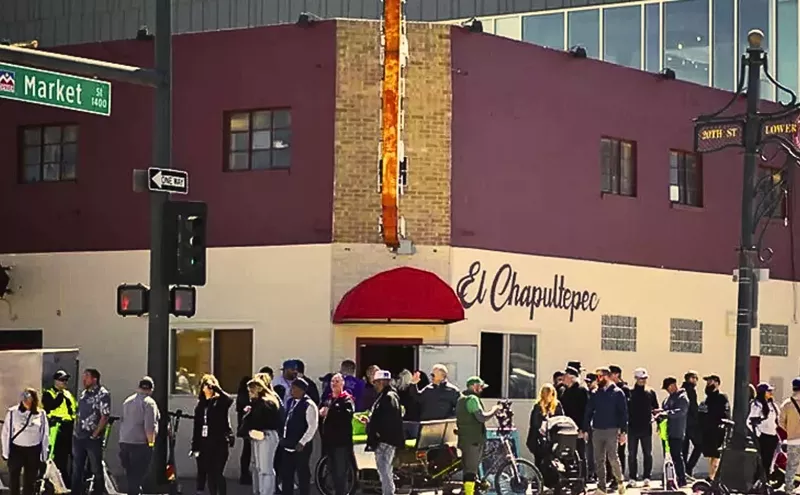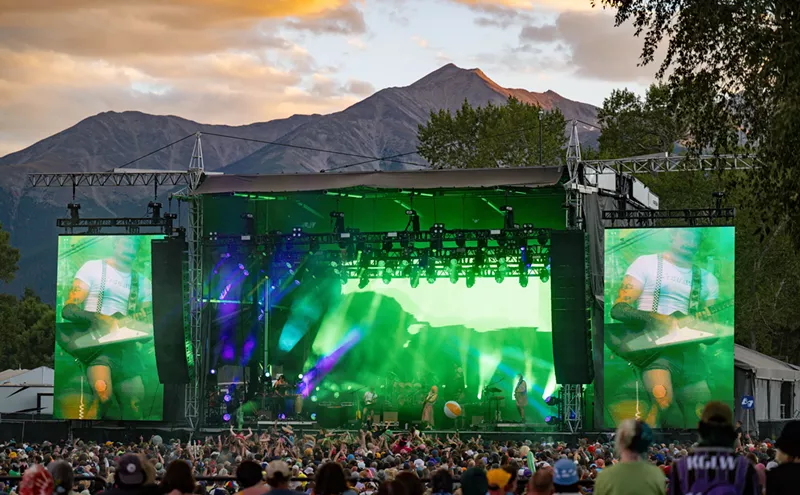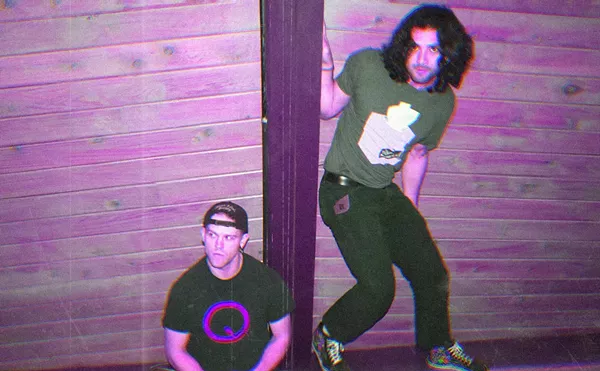During the last decade, few artists burst onto the music scene as fully formed as Interpol. Turn on the Bright Lights, from 2002, was deeply devoted to post-punk and new-wave antecedents, yet it was authentic enough in execution to render it wholly singular and visionary. Similarly, the New York foursome's affinity for Christian Dior suits and striking Sally Hershberger haircuts was too developed to be mere scheme. Eight years later, Bright Lights is still a revelation. The rhythm section of then-bassist Carlos Dengler and drummer Sam Fogarino fluctuates between forceful and unobtrusive, and Paul Banks's penchant for abstract, sometimes comical lyrics makes his moments of clarity all the more powerful. The star is Daniel Kessler — a guitarist in the Will Sergeant mold, a true master of texture and space, light and shade. The band's followups have been inconsistent, but this is a reflection of Interpol's reality: Make a grand entrance and, well, you spend ever after being chased by expectations.

Audio By Carbonatix
[
{
"name": "GPT - Billboard - Slot Inline - Content - Labeled - No Desktop",
"component": "23668565",
"insertPoint": "2",
"requiredCountToDisplay": "2"
},{
"name": "STN Player - Float - Mobile Only ",
"component": "23853568",
"insertPoint": "2",
"requiredCountToDisplay": "2"
},{
"name": "Editor Picks",
"component": "17242653",
"insertPoint": "4",
"requiredCountToDisplay": "1"
},{
"name": "Inline Links",
"component": "18838239",
"insertPoint": "8th",
"startingPoint": 8,
"requiredCountToDisplay": "7",
"maxInsertions": 25
},{
"name": "GPT - 2x Rectangles Desktop, Tower on Mobile - Labeled",
"component": "24956856",
"insertPoint": "8th",
"startingPoint": 8,
"requiredCountToDisplay": "7",
"maxInsertions": 25
},{
"name": "Inline Links",
"component": "18838239",
"insertPoint": "8th",
"startingPoint": 12,
"requiredCountToDisplay": "11",
"maxInsertions": 25
},{
"name": "GPT - Leaderboard to Tower - Slot Auto-select - Labeled",
"component": "17676724",
"insertPoint": "8th",
"startingPoint": 12,
"requiredCountToDisplay": "11",
"maxInsertions": 25
}
]


